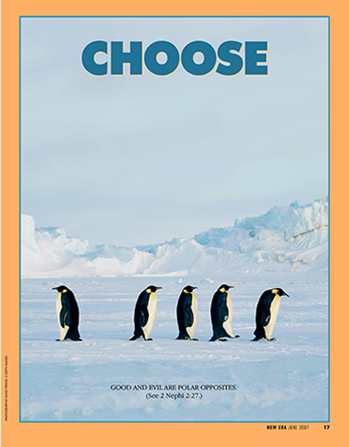The three hours to our first layover in Atlanta weren't that bad. With all of my kids (ok, so they are all adults and all older than me...somehow I still feel responsible...don't ask) safely aboard and everything that I was going to bring with me, I managed to calm down enough to sleep/read most of the way. Stay tuned for a book review of "To All the Boys I Ever Loved". (Yes, teenage romance is a guilty pleasure of mine...it just gets so much more complicated after you grow up.)
Atlanta is a great city! Or at least it looks that way from the inside of their airport...
For lunch I opted to have some Chipotle, because this girl loves Mexican-American food the most and for some reason I thought it might be a little hard to come by in Peru...
Around FIVE we all piled into the enormous airplane that would carry us down south. Unfortunately we weren't paying to fly first class so our flight was accompanied by a pungent smell coming from just behind us in the back of the plane/latrine area. (I think the stewardess apologized at least three times in the first hour as she ran around trying to do just about anything to fix/mask the problem.) In all of my international flying experience I think that I enjoyed this one the most. Erika has the amazing ability to curl up into a tiny ball in the seat next to you...meaning you can spread out a little more. Thanks girl! However, I think that the pilot may have been bored because he decided to frequently interrupt any movie/music listening with announcements about how we may, or may not, encounter some amount of turbulence. Despite that I watched "The Book Thief" (I may eventually write a post about that...but after I read the book, so don't hold your breath.) which was most excellent, and then thought about sleeping but instead that Thor (round 2) was a much better way to spend my time. ( At this point I had just turned 21 and was, therefore, full of excellent decision making skills.)
We got into Lima about ELEVEN and we were all checked into our next flight around MIDNIGHT. Yes, you did just read that right. Less than an hour after landing we were already preparing for our next flight.
Tune in Thursday for how our airport adventures and third flight in 24 hours went....
Atlanta is a great city! Or at least it looks that way from the inside of their airport...
For lunch I opted to have some Chipotle, because this girl loves Mexican-American food the most and for some reason I thought it might be a little hard to come by in Peru...
Around FIVE we all piled into the enormous airplane that would carry us down south. Unfortunately we weren't paying to fly first class so our flight was accompanied by a pungent smell coming from just behind us in the back of the plane/latrine area. (I think the stewardess apologized at least three times in the first hour as she ran around trying to do just about anything to fix/mask the problem.) In all of my international flying experience I think that I enjoyed this one the most. Erika has the amazing ability to curl up into a tiny ball in the seat next to you...meaning you can spread out a little more. Thanks girl! However, I think that the pilot may have been bored because he decided to frequently interrupt any movie/music listening with announcements about how we may, or may not, encounter some amount of turbulence. Despite that I watched "The Book Thief" (I may eventually write a post about that...but after I read the book, so don't hold your breath.) which was most excellent, and then thought about sleeping but instead that Thor (round 2) was a much better way to spend my time. ( At this point I had just turned 21 and was, therefore, full of excellent decision making skills.)
We got into Lima about ELEVEN and we were all checked into our next flight around MIDNIGHT. Yes, you did just read that right. Less than an hour after landing we were already preparing for our next flight.
Tune in Thursday for how our airport adventures and third flight in 24 hours went....








.JPG)

.JPG)
